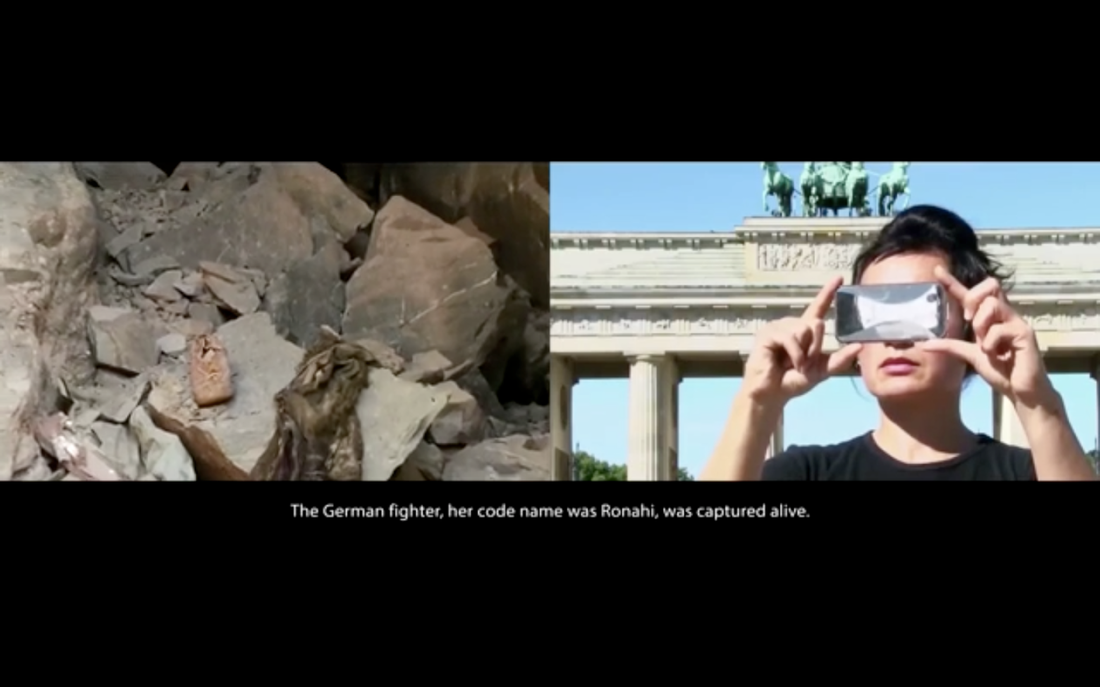
Transnational Memories: Sites, Knots, Methods
A Roundtable Organized by Rosanne Kennedy and Michael Rothberg
In the past 25 years, memory studies has emerged as a new interdisciplinary field of cultural inquiry. It aims for insight into practices of public remembrance and the sociocultural dynamics through which mediations of the past shape collective identities and inform social action. The development of this field was linked from the outset to investigations of national memory cultures and institutions, with the nation‐state taken as the most self‐evident framework for analysis. Pierre Nora’s pioneering, influential, and contested study Les Lieux de Memoire (1984‐1992) encapsulated the link between “territorialization” (focusing on how memory narratives are fixed, located, contained, “inherited”) and the nation (as the self‐evident frame within which narratives operate and identities are shaped). With the turn towards transnational approaches in the last decade, however, the concept of “sites of memory” has come under pressure as the assumed framework for memory studies. This roundtable will explore the consequences of the transnational turn for the study of sites and practices of memory.
In our increasingly globalized, networked, and mediated world, alternatives to national models of memory as a resource for identity constructions are beginning to emerge without yet being fully understood. Memory discourses are variously deployed in the mobilization of social and political causes in the international arena, for instance, between the former East and former West in Europe. Illustrative of such transnational dynamics is the international spread of “public apologies” for past injustices or the recent evocation of “Dachau” on the part of Greek protestors against German‐led economic policies.
Developing better methodological and conceptual tools for studying these dynamics has now become a matter of scholarly urgency. This roundtable aims to introduce and discuss recent theoretical models that emphasize the dynamic and generative character of memory practices beyond the nation-state. Important groundwork has been done on this (by members of this roundtable among others), e.g. on "cosmopolitan memory" (Levy/Sznaider 2001), "multidirectional memory" (Rothberg 2009), "memory in the global age" (Assmann/Conrad 2010), “noeuds de mémoire/knots of memory” (Rothberg, Sanyal, Silverman 2010), "transcultural memory" (Crownshaw et al 2011), “travelling memory” (Erll 2011), “dialogical memory” (Assmann 2011), “moving testimony” (Kennedy 2014), and “transnational memory” (De Chesari/Rigney 2014).
The roundtable will bring together four scholars of cultural memory, based on three continents, who have been actively involved in promoting the transnational turn in memory studies: Rosanne Kennedy (ANU), Ann Rigney (Utrecht), Michael Rothberg (Illinois), and Debarati Sanyal (Berkeley). Three of the presenters (Kennedy, Rigney, and Rothberg) are part of an internationally funded research project called Network in Transnational Memory Studies (NITMES) and they will be able to draw on their experiences of collaboration across national borders. During the roundtable, each participant will provide a brief “position statement” of 10 minutes addressing some of the questions above; plenty of time will remain for discussion.
Question to be addressed may include the following:
To what extent is the concept of “sites of memory” still relevant? Can alternative models, such as “noeuds de mémoire/knots of memory,” supplement Nora’s original formulation?
What methodological innovations are necessary for moving the study of remembrance from local and national sites to transnational and global knots of memory?
How have phenomena such as migration, new media, and the formation of diasporic communities challenged the nation-state as framework of remembrance?
How will global environmental challenges that exceed the nation state - climate change, species extinction – be remembered? Can global environmental challenges provide new methods for memory beyond the nation?
How have commemorative practices circulated beyond the nation? (Possible, internationally relevant examples for consideration: 2014 is the 100th anniversary of the beginning of World War I; 2015 is the 100th anniversary of Gallipoli as well as the Armenian Genocide.)

